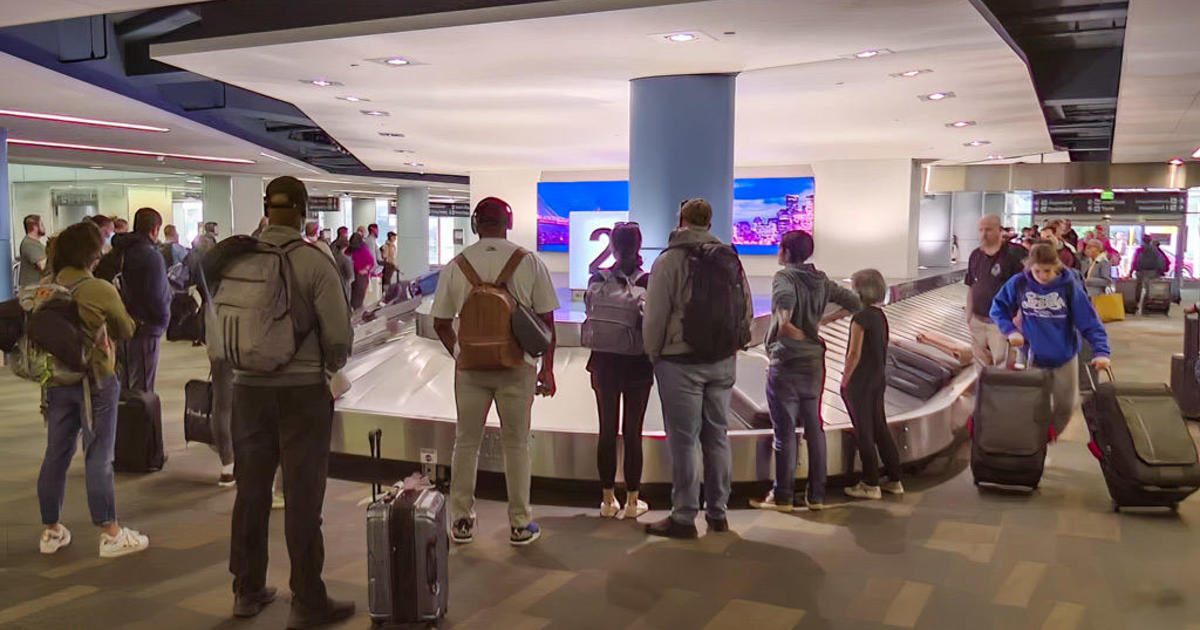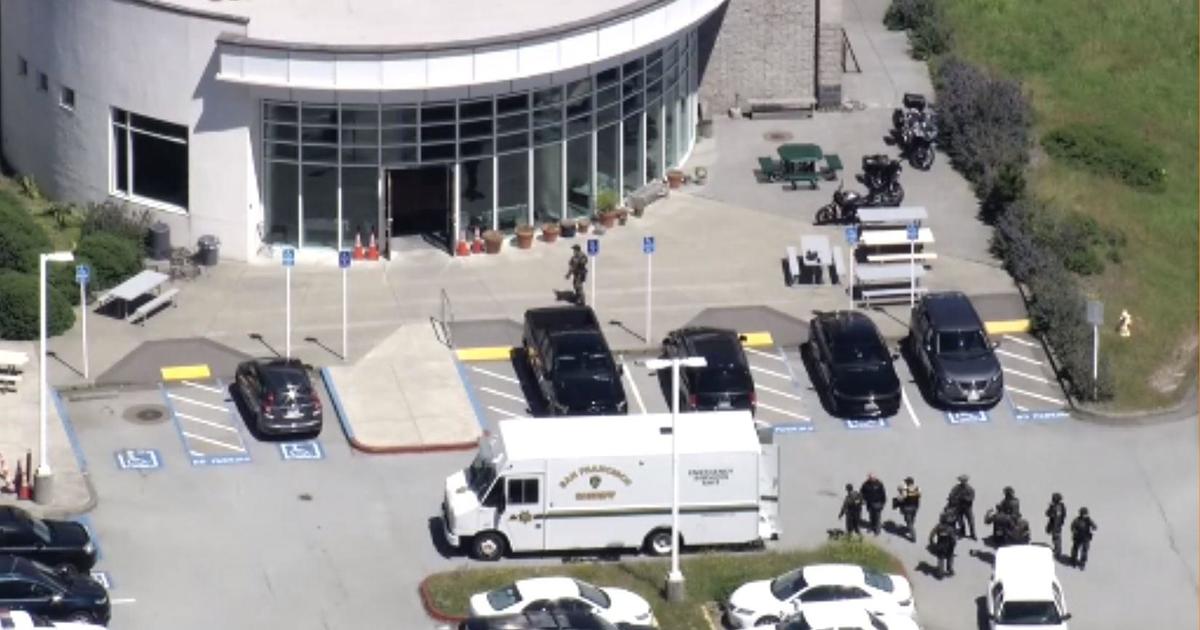Psychedelic Drug Banned In The U.S. May Help Battle Addiction
SAN FRANCISCO (KPIX 5) -- Addicted to food, alcohol, cigarettes, sex, or painkillers?
Researchers and some addicts in the U.S. are now turning their eyes to an illegal substance for help.
The hope: that the freeze on psychedelic research in the U.S. will continue to thaw -- and that a drug banned in the U.S. -- may be researched enough to satisfy the authorities, so that a new drug to help addicts will emerge.
When it comes to psychedelics, there are tantalizing new clues to how they really can free your mind.
Just ask Dr. Philip Wolfson, a psychotherapist in Marin County who is entrusted with doing research on MDMA in a clinically-controlled manner.
"We're showing both safety, tolerability, and efficacy," explained Dr. Wolfson.
Whether it's MDMA, LSD, or psilocybin -- that's the active ingredient that's found in magic mushrooms -- there's a growing body of scientific evidence.
Clinical research shows, when used carefully as a medicine during psychotherapy, these otherwise illegal drugs may alleviate PTSD, depression, and anxiety.
"It just gives you a view into yourself that I had just never had before," explained Andy Gold, one of the participants in the clinical trial who is facing a life-threatening condition.
Now researchers are exploring another use for psychedelics.
The hope is that these drugs would benefit patients with hard to treat addictions.
Recently, 3,000 scientists, therapists, and doctors from around the world came to Oakland for a sold-out conference on psychedelic science.
One big topic: America's growing opioid epidemic.
"We should be trying to find a way how to best use these drugs to help people with these debilitating addictions," said Dr. David Nutt.
One potential treatment: a psychedelic derived from the bark of an African scrub.
The shrub is iboga. The treatment is called ibogaine.
For centuries, the followers of the Bwiti religion in Gabon, Africa have used the naturally occurring psychoactive drug in healing ceremonies.
"The therapy potential is so incredible," said Dr. Joseph Tafur.
"Ibogaine is legal in Canada, legal in Mexico, legal in England. It's legal in most places of the world...but illegal in the United States," explained Rick Doblin, founder and executive director of the Multidisciplinary Association for Psychedelic Studies, or MAPS, for short.
Since ibogaine is illegal in the United States, American patients travel to foreign countries for treatment.
Danesh Oleshko runs an ibogaine clinic called Living Clean Ibogaine in Central Mexico.
"We've helped a number of people from the Bay Area, from California," said Oleshko.
National Geographic, in its "Breakthrough" series, followed one young addict to Mexico. "TJ" sought ibogaine treatment for his opioid addiction.
He'd been in rehab six times and the documentary notes that TJ has never managed to stay clean.
"Right now I'm fighting a life and death battle here...I know that," murmured the young man to his doctor.
TJ traveled to Cancun where, under medical supervision, he ingested a single dose of ibogaine.
And 36 hours later, he was free from his cravings, and suffered no withdrawal.
"Right now, do you feel like you are in narcotic withdrawal?" asked his doctor
"No," responded TJ.
Back home in the U.S., TJ is seen at home with his mother, baking in the kitchen.
"It's been 39 days since the treatment. The desire is still there but the cravings isn't there," explained the young man.
Doblin said, "It is a tragedy that the drug war has criminalized something that has no abuse potential, has no reports of anyone abusing ibogaine."
Ibogaine is not a cure.
Experts caution that patients need to work on the issues that caused the addiction in the first place.
"People do need support or they can relapse later," said Oleshko.
How do psychedelics break an addiction? Amanda Feilding, who runs the U.K-based Beckley Foundation, has one theory.
"It reboots the brain," Feilding said.
Her group funds groundbreaking psychedelic research.
Feilding believes drugs like LSD or ibogaine interrupt the addiction, by resetting the brain to a pre-addicted state.
"They somehow rebooted themselves out of that fixed, bad pattern of behavior," said Feilding.
Feilding and others believe psychedelics may also help with other addictive behaviors such as over-eating, compulsive sex, and alcoholism.
Feilding used LSD to kick her bad habit: nicotine.
"I stopped smoking and I never smoked again," Feilding said.
However, before any of these treatments are legalized for medical use in the U.S., researchers urge careful clinical study.
"We want to know: Are they safe? Who are they safe for? And how are they best used?" said Brad Burge, a spokesperson for MAPS.
The drug can cause cardiac problems.
By some estimates, ibogaine use has a mortality rate of about 1 in 300 individuals. The deaths are attributed to a slowing of the heart.
With ibogaine, experts caution, you need to make sure you are medically supervised if using the drug overseas.



